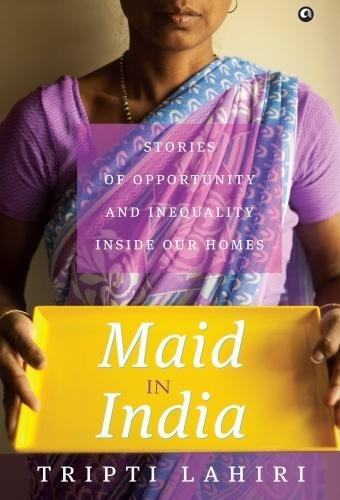Two separate incidents within one month, July 2017, rocked the conscience of urban upper class India. Both these incidents are an important indicator of the increasing woes of the domestic workers employed in the urban households of India. In the first incident of July 12th, hundreds of people gathered in front of Noida’s Mahagun Society protesting against the family accused of beating up of a domestic worker who had also gone missing. The protesters were mostly domestic workers themselves and from their aggressive protest, it was evident that they had had enough with their day-to-day exploitation. The second incident is, that on July 30th, where some hundred domestic workers gathered at the gated Gurgaon condominiums with demands for a hike in their wages. In both actions, significant and something that has rarely happened earlier, is the coming out of the domestic workers as a class and identifying with one another’s suffering and doing something about it, unmindful of the consequences.
The ferocious sense of entitlement that the urban upper caste and upper class in India have explains the extremely low wages of the domestic workers and the discriminatory treatment meted out to them. In the absence of any current legal framework available in their defence, domestic workers along with several other marginalized groups are the most vulnerable class in India today. People in India do not accord respect to the manual labour of numerous men and women in the towns and villages. Why is it so? One answer could be due to its being proportional to the caste of labour in this country. In other words, social respect is directly proportional to the status in the graded caste system.

